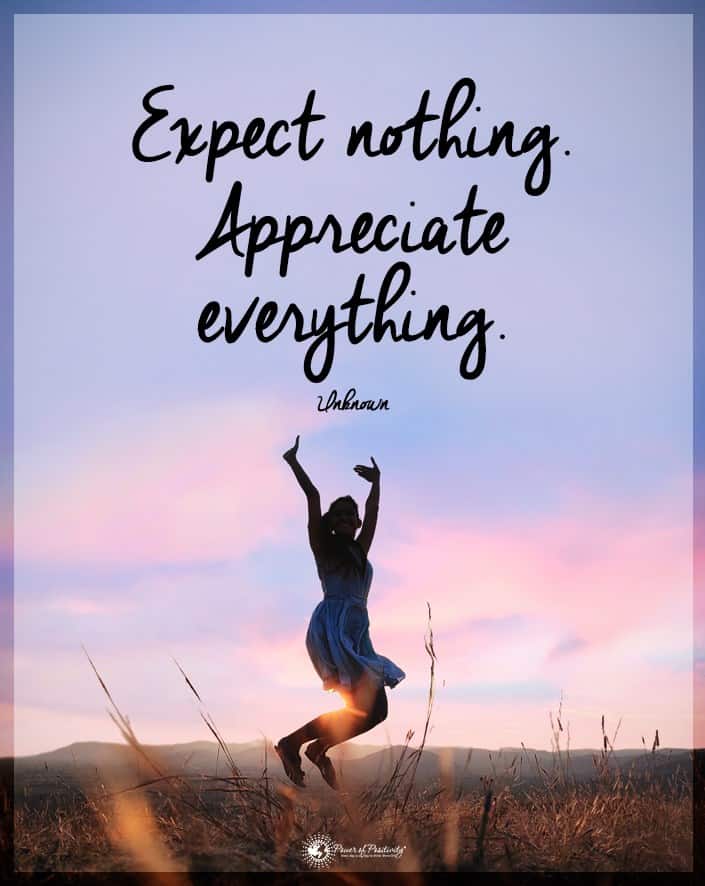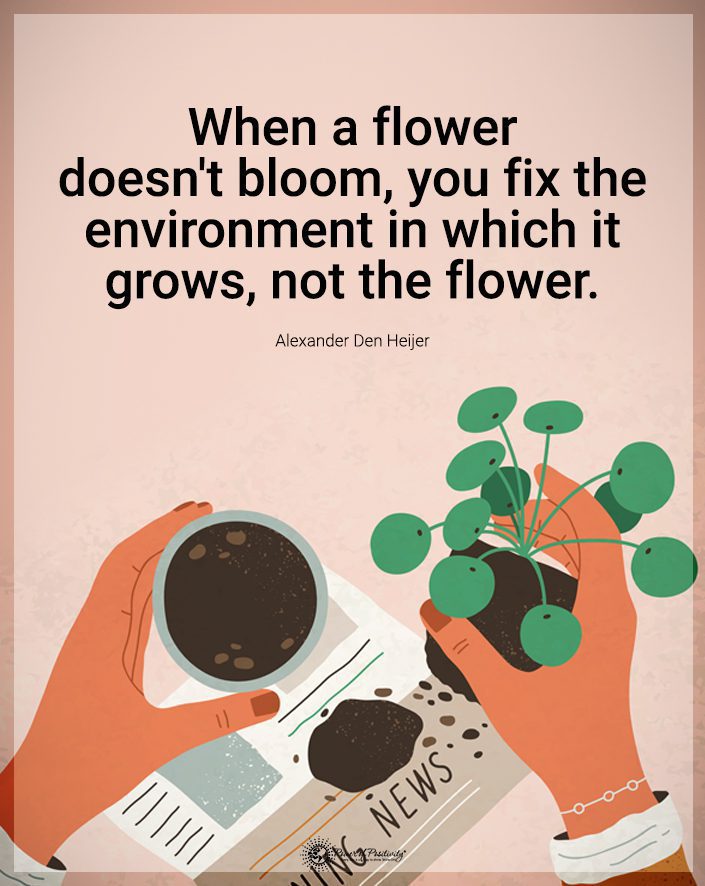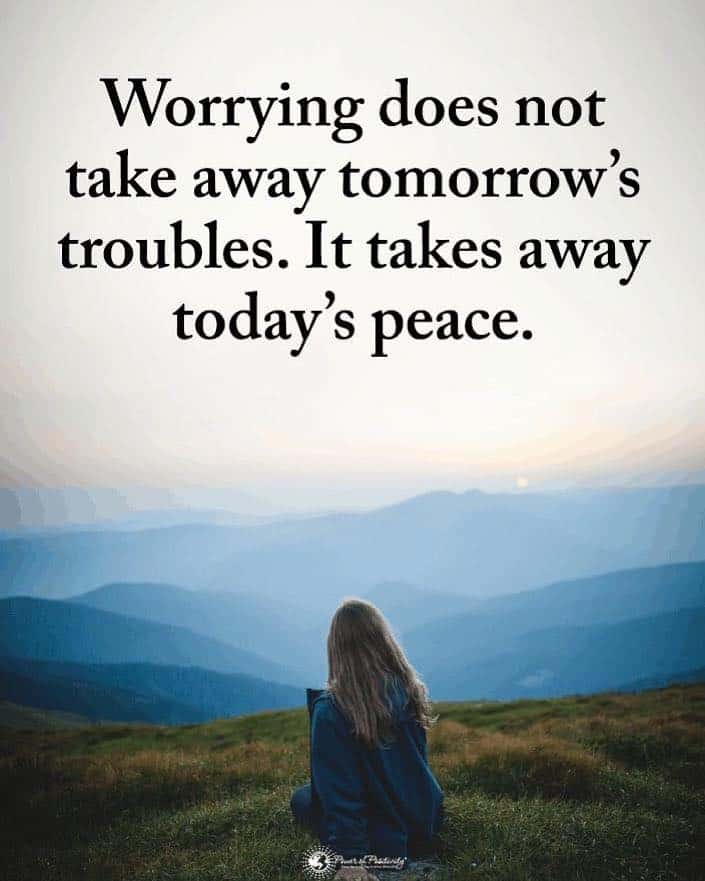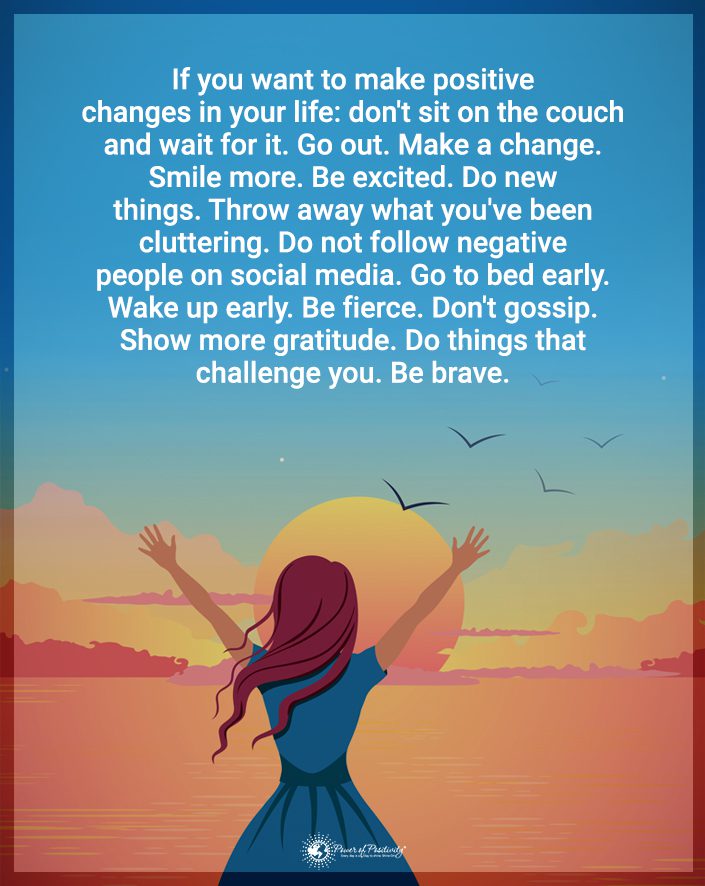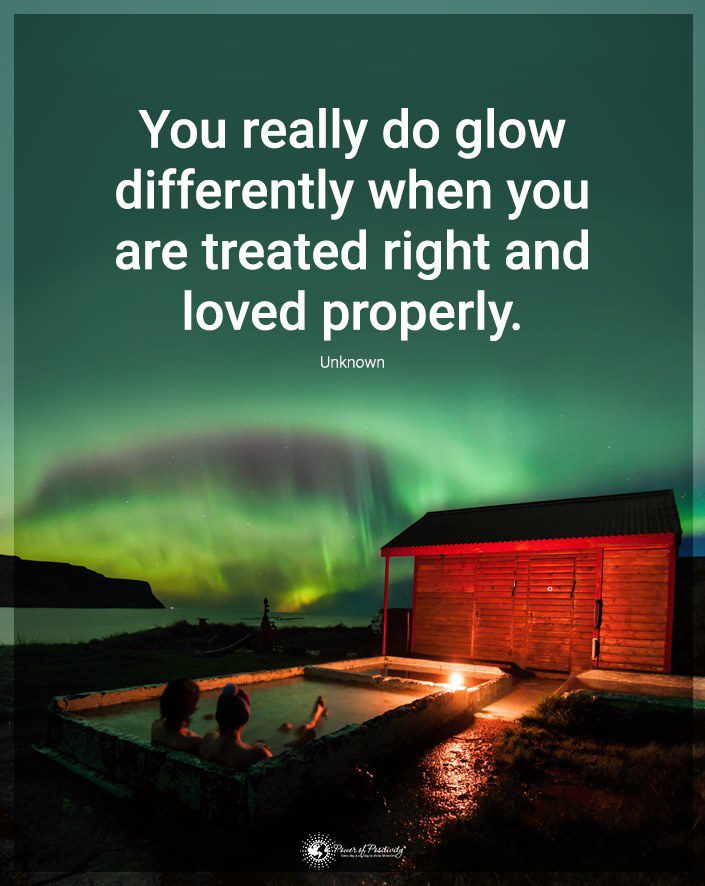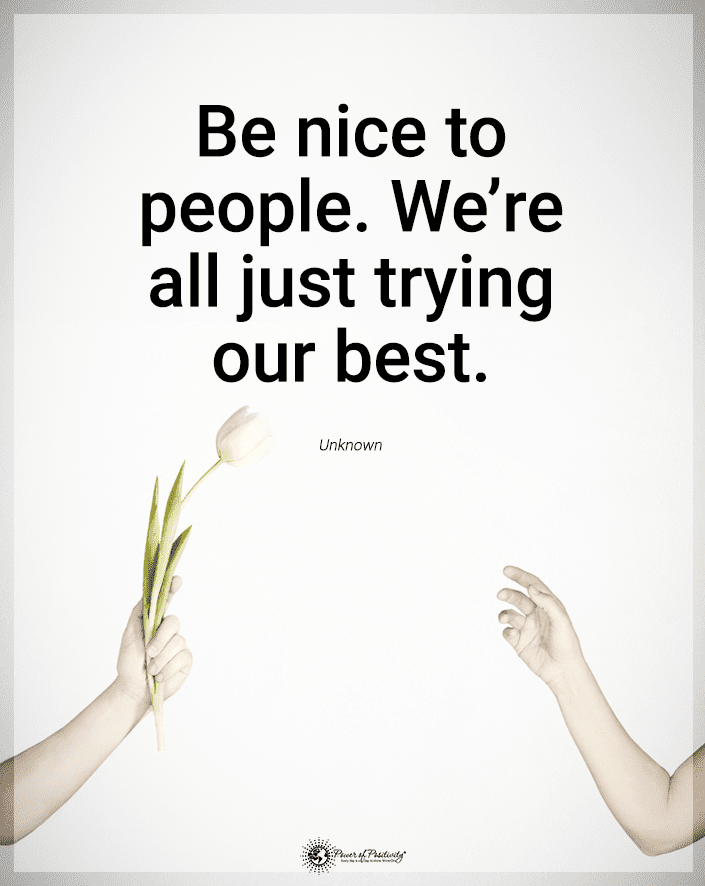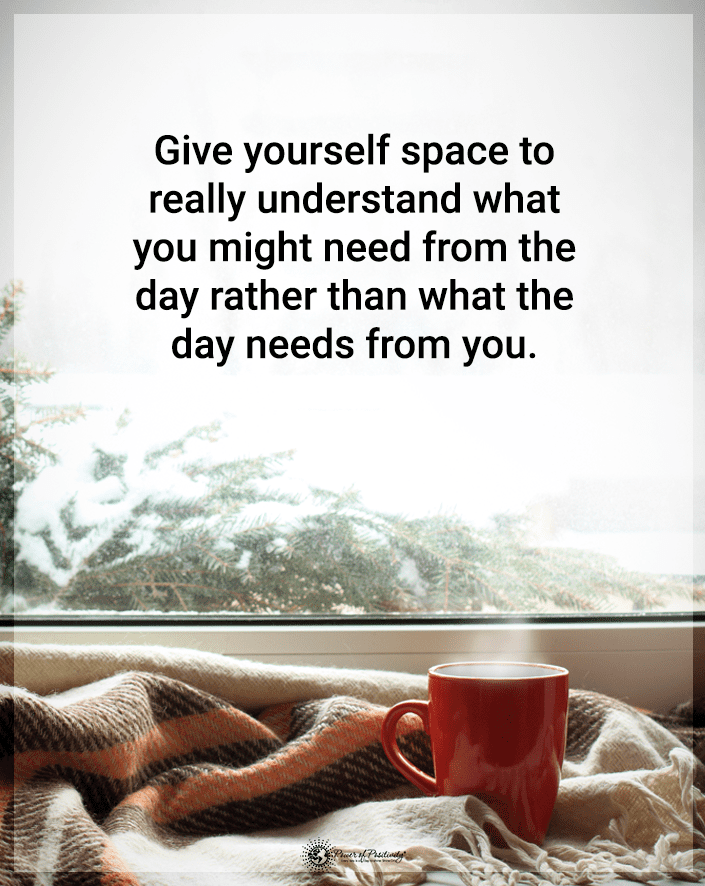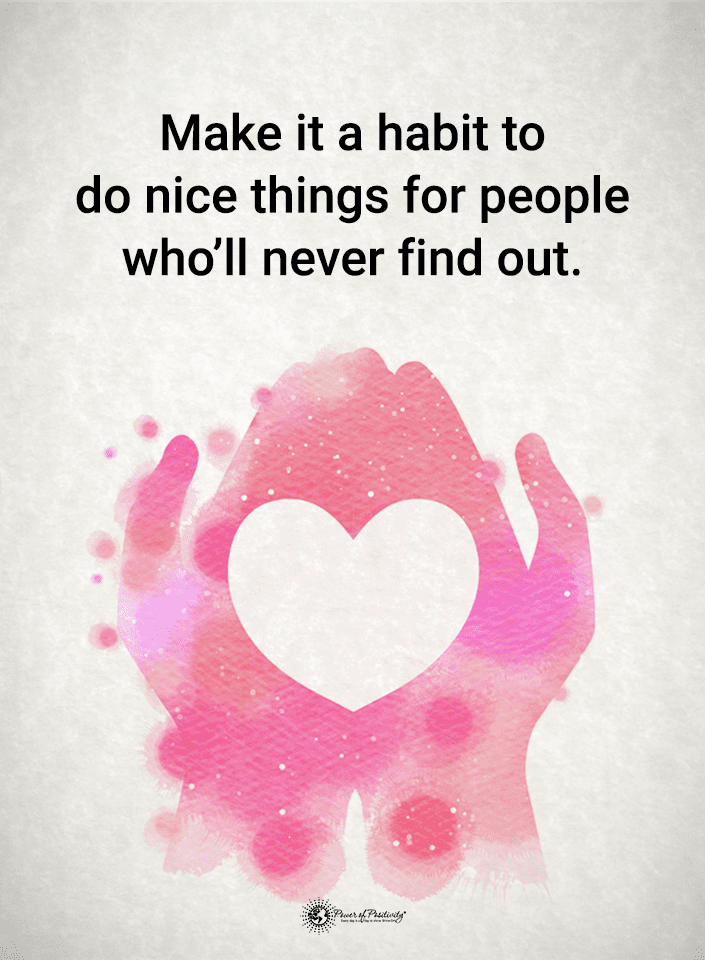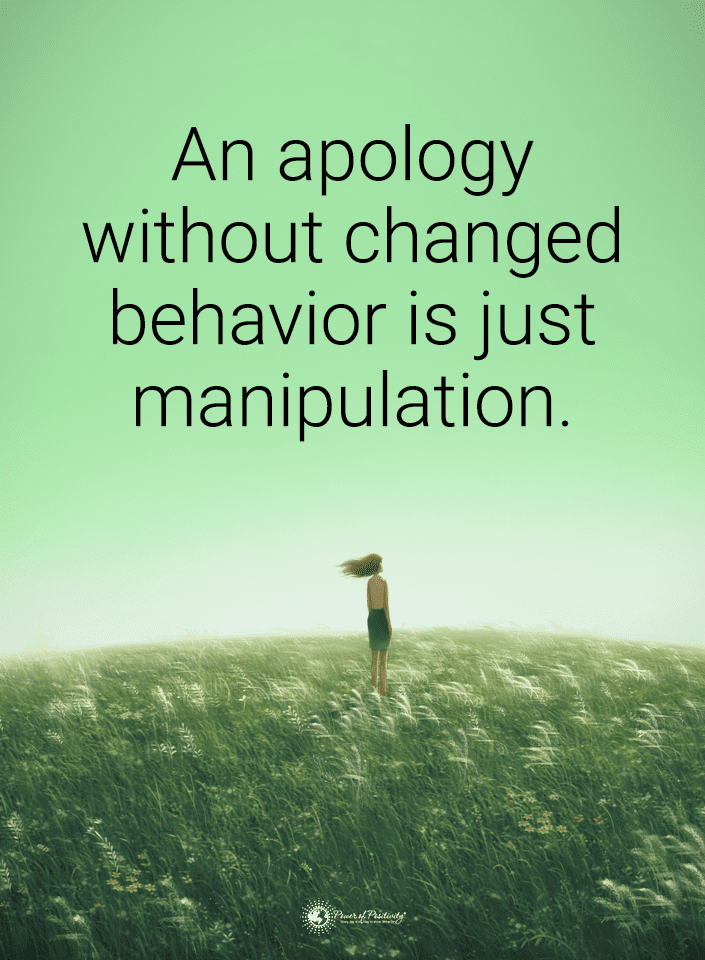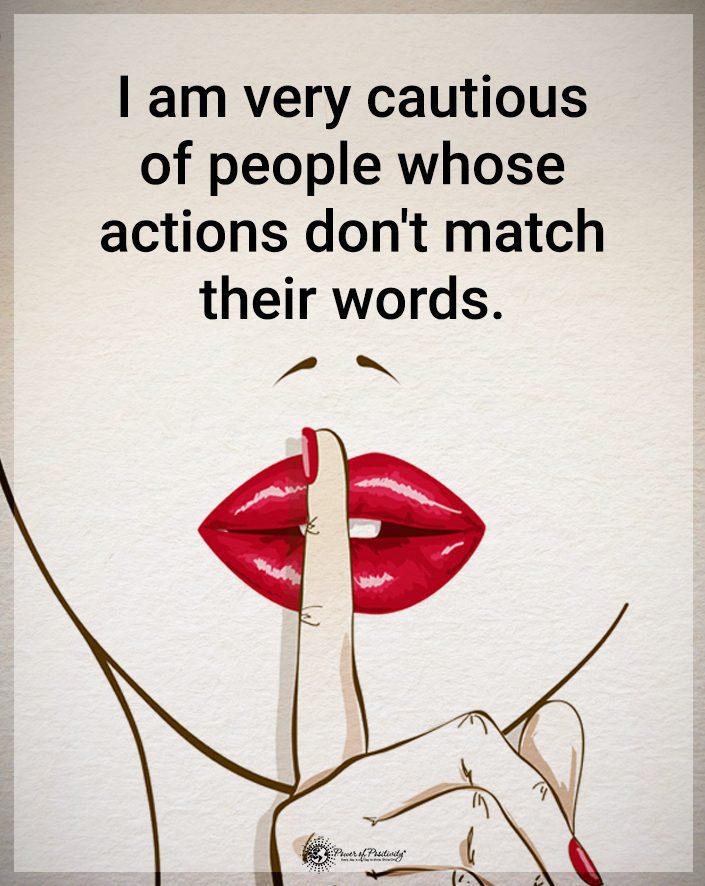Getting other people to value your time is essential if you know people who often waste it. You might feel like people always ask things of you that offer no benefit to your life. It can take away from your personal or professional life, interfering with your well-being. Setting boundaries is fundamental to success.
You can’t get time back; getting people to value your time can make your days more fulfilling. It can help you accomplish more things you want and need to do.
Getting others to value your time reflects how you view yourself and can help you make more money. While money isn’t the most important thing, it is necessary for living. However, time is more important, so making more money in a shorter timeframe can help you make more time for your personal life.
Each day is a chance to invest in yourself, but it’s only possible if you prioritize your time. Since you can’t get time back, the best thing you can do is ask others to value it.
How to Know Your Worth and Ask Others to Value Your Time
Your time is valuable, and you deserve to spend it in the best ways for your life. You don’t have to give in to what anyone else wants. These tips can help you set boundaries and ask others to value your time.
1 – Keep Your Overall Goal in Mind
Frequent distractions can lead to losing focus and forgetting the big picture. When you lose sight of your goals, giving in to what other people want rather than prioritizing your time becomes too easy. Focusing on your overall dream can help you find the courage to ask others to value your time.
2 – Enforce Time Limits and Scheduled Appointments
If a meeting is supposed to last for half an hour, enforce the time limit. Each extra minute takes away from your other essential tasks. One way to let people know you can’t stick around is to say things like, “during the last few minutes of our meeting, is there anything else you’d like to discuss?”
If you have a planned meeting or appointment, stick to the agreed-upon time frame. Don’t let someone showing up late keep you any longer. Your time is valuable whether the other person arrives on time or not.
3 – Make a Choice and Stick to It
People will often ask you to do things that aren’t a priority in your day. However, agreeing to what they ask means you must do it anyway.
One way to get people to value your time is to choose whether helping them will interfere with your productivity. Consider whether you should be helping them or if focusing on something else would be a better use of your time.
Making choices based on what’s best for you allows you to control your life. It also emphasizes that you expect others to respect what you have on your plate. Once you make your choice, stick to it so that you don’t get behind on your tasks or miss out on something meaningful.
4 – Say “No” More Often
Saying “yes” to everything might make other people happy, but it also teaches them that they don’t have to value your time. Accomplishing your goals requires prioritizing your life rather than giving in to others every time. Practice saying “no” more often to see how quickly it changes how people treat your time.
5 – Plan Your Days and Setting Boundaries for Your Free Time
If you’re on vacation or have a day off, you can embrace not planning every detail. However, planning days that you must be productive can help you accomplish everything.
Making a to-do list can help you focus on essential tasks and avoid giving in to distractions and things that waste your time. Planning your workdays can help you value your time and ask others to do the same.
Your plans don’t only have to revolve around work. You can also plan self-care, family time, and spending time on your hobbies.
6 – Determine Your Priorities and Clarify Them for Others
Valuing your time requires setting priorities and clarifying them to the people around you. When you determine what’s essential to you, it’s easier to make time for those things.
Some of the things to consider when setting your priorities include asking yourself:
- what you want to achieve and experience
- who matters most
- where you see yourself
- what makes you happiest
These questions can help you determine what you should focus on in life. When you know what these things include, you’ll have an easier time asking others to value your time regarding those aspects. You can clarify your priorities and explain your needs from those around you.
7 – Prioritize People Who Value Your Time
If you have people in your life who don’t value your time, it might be time to move on. Surrounding yourself with people who respect you and your time can improve your life in many ways. It’s worth the effort and changes as you find a supportive group of people to spend your time around.
8 – Ask Questions
Don’t hesitate to ask questions if someone wants you to do something that wasn’t in your plans. Asking why they need you to do it or what they expect can reiterate that your time is valuable.
9 – Talk About Time and Why Setting Boundaries Matters
Talking about time is a polite but effective way to ask others to value your time. Time is a resource, and mentioning it in your conversations helps others realize that you see it that way.
Say, “Is there anything else you want to talk about in the next 10 minutes?” These questions can help keep the conversation moving while reminding the other person that your schedule is inflexible regarding this situation.
10 – Don’t Give in When People Try to Distract You
Try shifting your mindset if you experience disruptions during work or leisure time. Thinking about something different or refocusing on the task at hand prevents you from giving in to potential distractions.
Your partner, friend, or child might assume you can or should accept their distractions. However, these distractions interfere with your time because you must stop during your task. Try to ignore these distractions and stay focused, making the most of your daily time.
11 – Respect Your Own Time
If you want other people to value your time, you must respect it, too. Consider whether you say yes to every request, even if it interferes with your priorities. If you drop what you’re doing when people distract you, it sends the message that interrupting you is okay.
You can also respect your time by not responding to emails when they arrive. Emails can distract you from your priorities, and your time is more valuable than that.
Sometimes showing them that you value your time can help you get the point across without ever having to ask. However, you don’t have to be afraid to speak up if someone keeps pushing boundaries.
12 – Value Their Time While Setting Boundaries for Yourself
You can’t expect people to value your time if you don’t respect theirs. Don’t ask them to do things for you when you know they are already overwhelmed.
Be respectful and empathetic of their lives and schedules. They’ll be more likely to do the same for you. Plus, asking them to value your time is easier when you’ve shown that you respect theirs.
13 – Don’t be on Call 24/7
Being available any time of day or night sets the precedent that other people don’t have to respect your time. With technology being at our fingertips, many people expect an immediate response. However, everyone needs time to themselves without having to respond to others. Setting boundaries and enforcing them lets people know they must value their time.
You can let them know you’ll only be available in an emergency. This way, they know you’re there for them, but you won’t always answer and help in a non-emergency.
14 – Explain the Best Way to Contact You
One way to limit interruptions is to explain how to get ahold of you in an urgent situation. Tell people that it might take a couple of days to respond to an email or a few hours for a text message.
If they need you immediately, they can make a phone call to get ahold of you. Emails can be a distraction, so it’s not always a good use of time to check them frequently. People aren’t as likely to make phone calls if they don’t need a quick response, so it is a way to ask people to value your time.
Final Thoughts on Ways to Know Your Worth
While you can’t change other people, you can ask them to value your time. You don’t have to let people use your valuable time. Focusing on your priorities promotes your well-being and allows you to achieve your goals.
You can’t get your time back, so make the most of every moment. Set your priorities and focus on those before agreeing to help others. While it’s good to be kind, you must start setting boundaries. Only then can you put yourself first to enjoy your life and reach your dreams.


